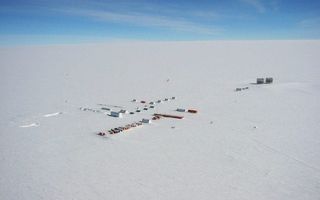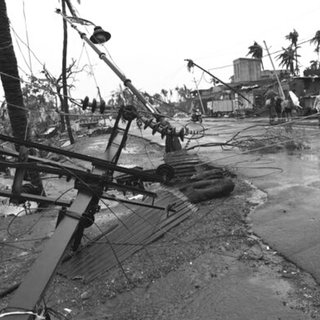Antarctica, Covid19-free until now, recorded 36 cases of the viral illness on Tuesday at the Chilean General Bernardo O’Higgins Riquelme research base on the continent.
The virus found its way to the sparsely populated continent after members of a Chilean navy ship carrying supplies to the research base tested positive for Covid19. The 26 military personnel and 10 maintenance workers who caught the virus were evacuated to Chile, which is currently the sixth-worst affected country in Latin America.
“Thanks to the timely preventive action, it was possible to relieve said personnel, who, after being subjected to a medical control and the administration of a PCR test … turned out to be positive for Covid19,” the Chilean Army said in a statement, reported by Newsweek.
Related on The Swaddle:
Climate Change Is Turning Antarctica’s Snow Green
Though viruses are negatively affected by extreme temperatures, the World Health Organization has previously debunked the possibility of Covid19 not surviving as well in cold weather and snowy climates. The American Centers for Disease Control (CDC) also said, “Generally coronaviruses survive for shorter periods at higher temperatures and higher humidity than in cooler or dryer environments. However, we don’t have direct data for this virus, nor do we have direct data for a temperature-based cutoff for inactivation at this point. The necessary temperature would also be based on the materials of the surface, the environment, etc.”
In order to prevent the spread of Covid19 in Antarctica, researchers took preventative measures like scaling back on research. Many countries have paused their research projects in Antarctica, recalling teams to their home country.
The continent’s rough winds and extremely cold temperatures already make it unfit for human life. “A highly infectious novel virus with significant mortality and morbidity in the extreme and austere environment of Antarctica with limited sophistication of medical care and public health responses is High Risk with potentially catastrophic consequences,” the Council of Managers of National Antarctic Programs decided, according to The Associated Press.




